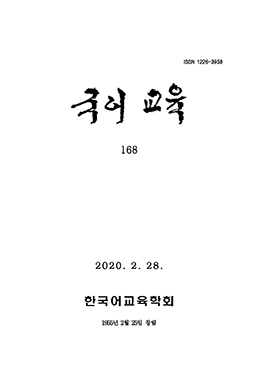The goal of this paper is to explore new directions for Korean language education and provide suggestions for classroom practices in literacy instruction for increasingly diverse digital societies. I begin by proposing a conceptual framework of Transformative Design for Meaning to support student learning and development in this new literacy era of digital convergence and integration. Next, I offer theoretical accounts of the framework’s design components, as well as the evaluation criteria for criticality, creativity, and coherence of the design, whereby certain literacy practices are considered transformative. Finally, I close with a discussion of how this new framework for literacy and learning may contribute to our rethinking of school literacies and classroom practices in the context of Korean language education. Throughout the paper, my attempt is to find diverse intellectual and sociocultural spaces for new literacy learning where students work on authentic problems, connect personal and cultural resources to the problems, construct critical understandings, and produce new texts toward social changes.


